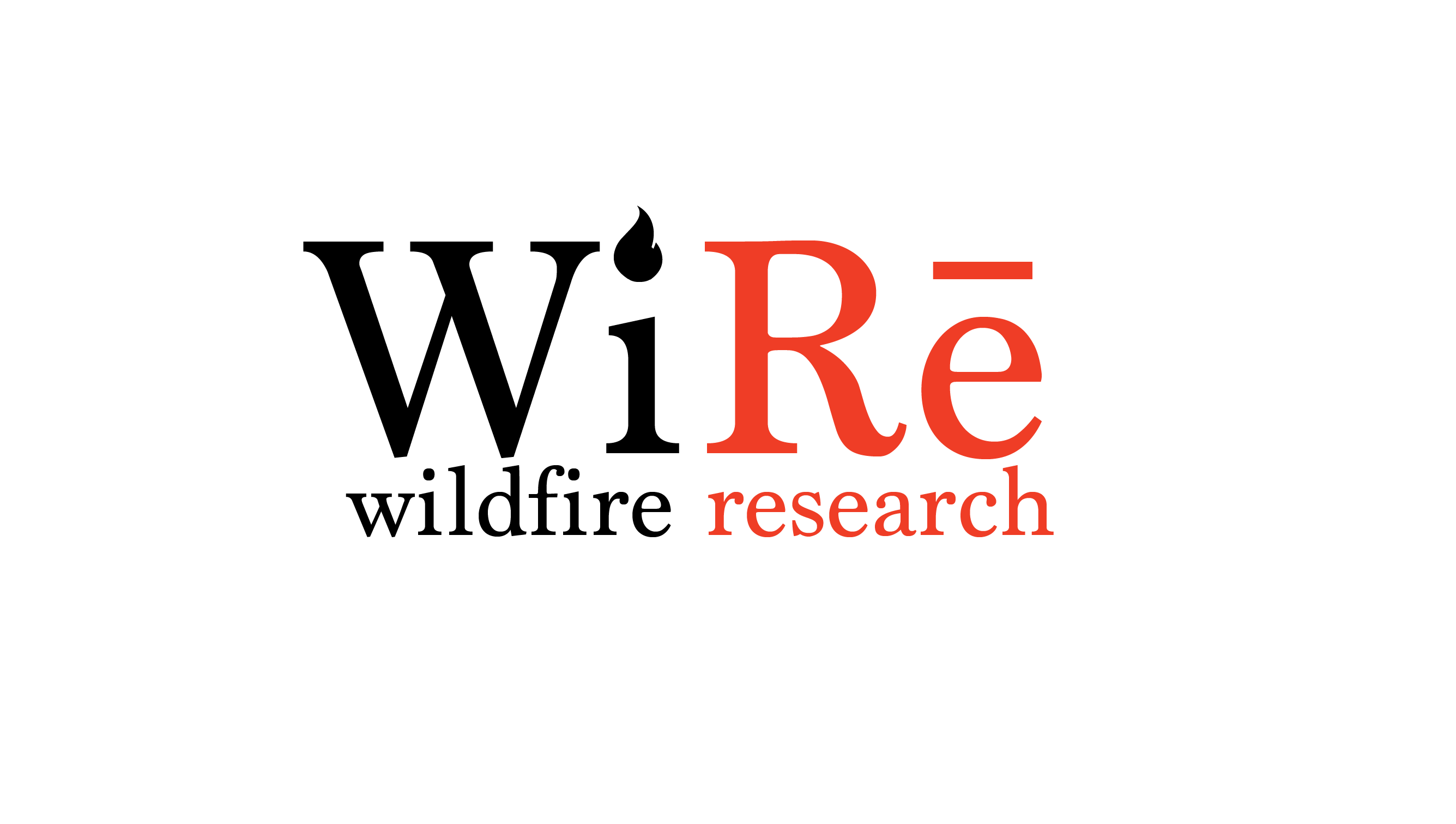WiRē postdoc Hilary Byerly recently attended a workshop on behavioral science and conservation at Cambridge University (“Nudging for Nature”). Similar to the wildfire issue, human behaviors are central to mitigating biodiversity loss. Both challenges are characterized by uncertainty and complexity, unfold over long time scales (i.e. actions today have costs and benefits that are incurred into the future), and are connected to social norms and preferences. These characteristics often inhibit desirable mitigation and conservation behaviors. Fortunately, behavioral science offers insights into how people respond to uncertainty, change over time, and social factors. The WiRē Team is applying these insights to new research projects with partners across the American West in 2020 to generate behavioral science evidence in a wildfire context and to help practitioners and homeowners achieve their wildfire mitigation goals.
